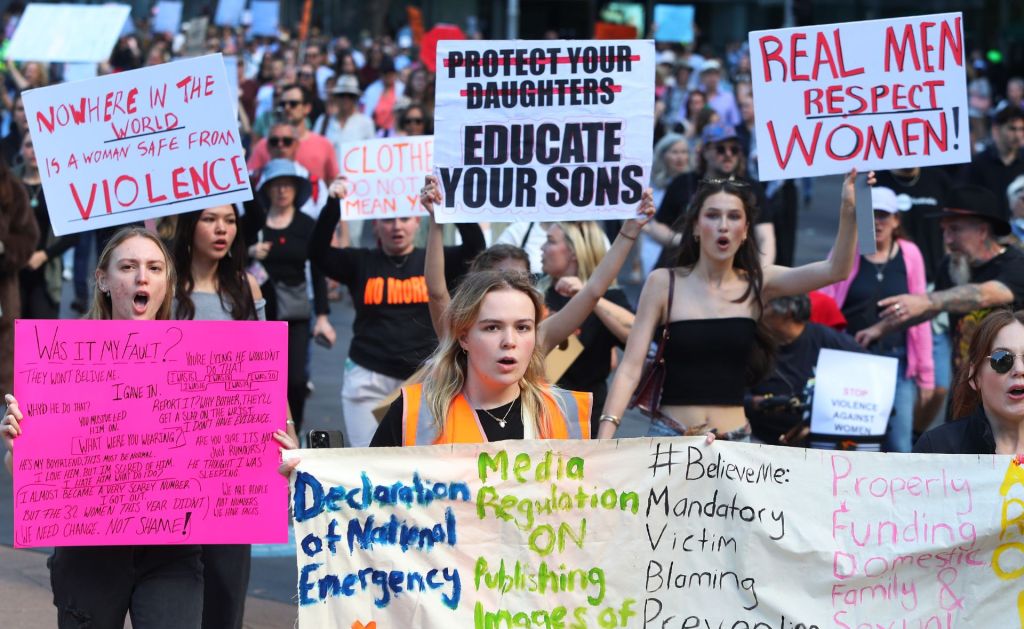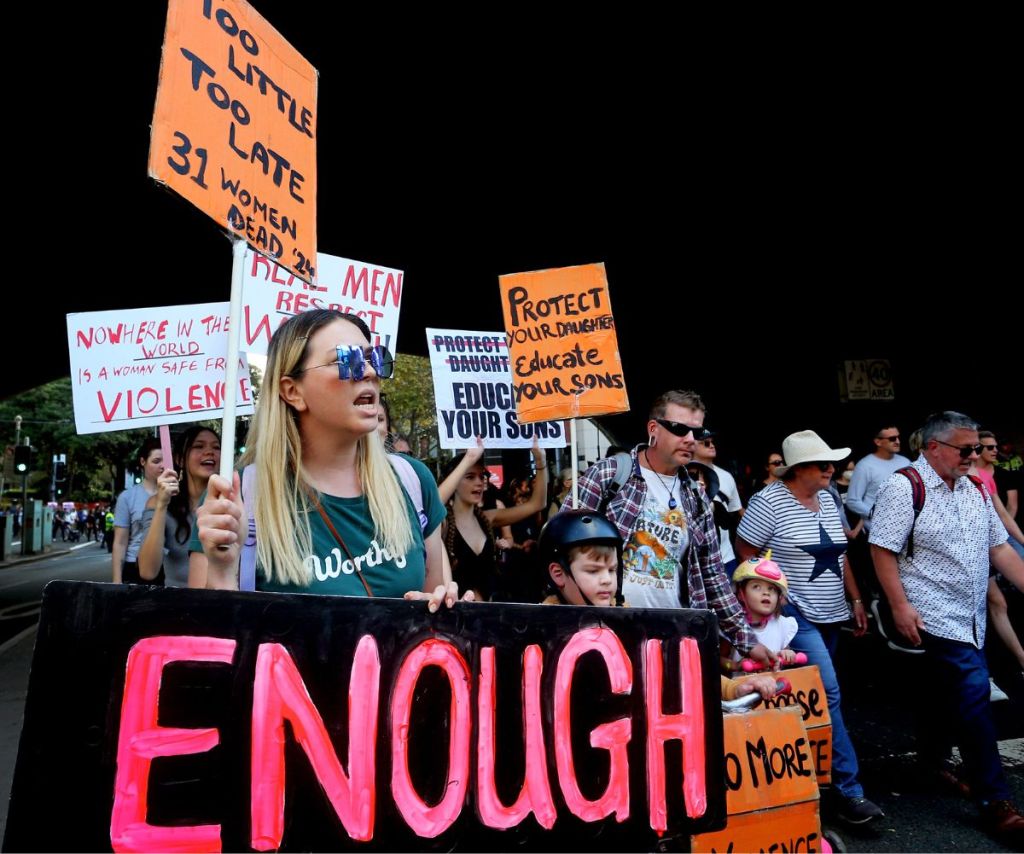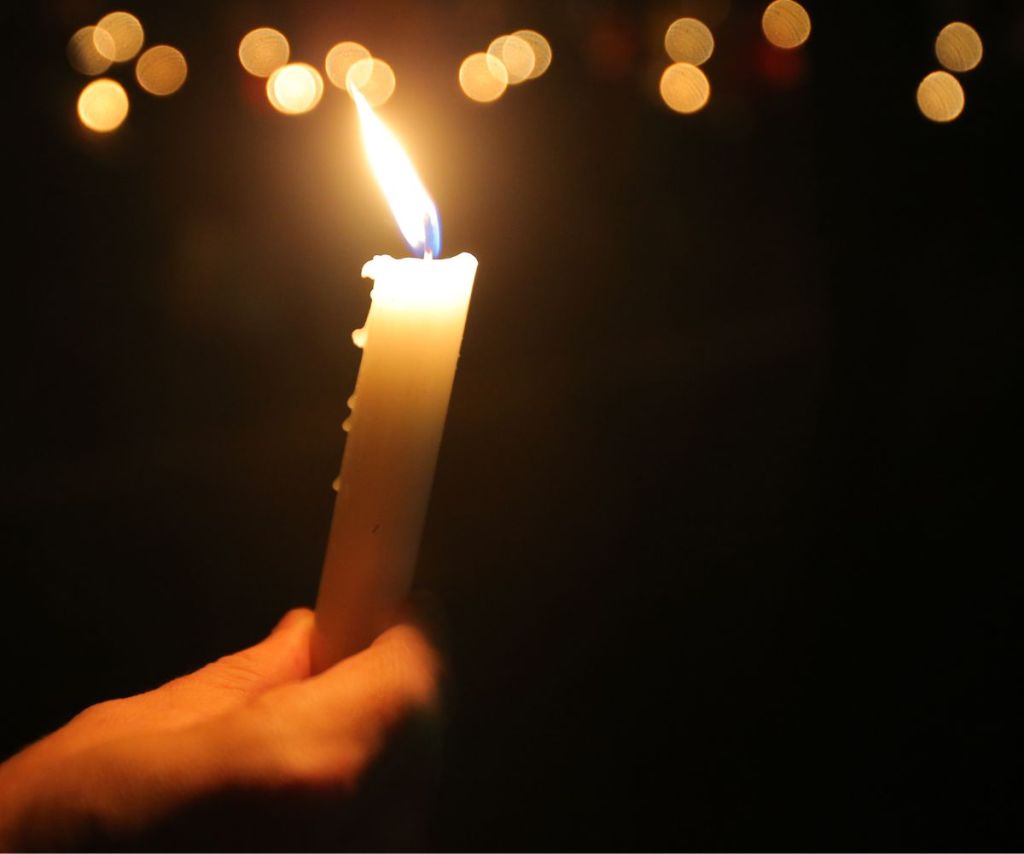Molly Ticehurst was a brave mum who doted on her son. In turn, he knew he was loved and was at the centre of her world.
But Molly’s son will now grow up without her because, in the early hours of April 22, the 28-year-old was found dead inside her home in Forbes, NSW. Her ex-partner has been charged with her murder.
“I can’t put into words the effect Molly had on everyone’s life. She was a beautiful person. Her mum was her best friend, she was so close to her dad and her son was her world from the moment he was born,” Molly’s close friend Jacinda Acheson, 41, tells Woman’s Day.

MOLLY’S LAW
Only three weeks before Molly’s death, the same man was charged with stalking and rape. Despite police opposition, a registrar in Dubbo granted him bail and issued an apprehended violence order (AVO). The AVO banned the man from going within 100 metres of Molly’s home, the childcare centre where she worked or Forbes.
But the apprehended violence order apparently made no difference.
“Only three weeks before [she died], Molly had the courage to tell police what she’d been going through,” says Jacinda. “The police did everything they could to protect Molly, but the first time he fronted court in Dubbo, a female registrar allowed him bail.”
Two weeks later, the man fronted court again and was bailed again.
“If these perpetrators are given bail, they must be electronically monitored so police can see when they break the conditions of their AVO. If this had been in place for Molly, I think she’d still be here,” says Jacinda.
Molly’s family and friends are now calling for “Molly’s Law” – a system that ensures authorities and victims know the whereabouts of bailed perpetrators, facing domestic violence charges.
“How else can victims feel safe if they don’t know where these monsters are?” says Jacinda.

As the number of women killed by partners or ex-partners continues to rise, grieving families, friends and communities across Australia are saying enough is enough and taking to the streets to protest.
In the first four months of this year, 28 women were killed by violence, according to research by Counting Dead Women Australia, a national register that has verified and kept count since 2012. This is a sharp increase compared to the same time last year.
NSW Premier Chris Minns just proposed tougher bail laws for “serious” domestic violence offenders, with legislation expected to be introduced to parliament this week. Jacinda reacted to the news, saying, “It is too late for Molly and the 100s of victims before her. Announcing these changes is a great step towards change. Now they need to be implemented.”
The Australian government has announced $952.2 million will be spent over the next five years to establish the Leaving Violence Program. The program includes a $5000 package of cash, goods and services to help victim-survivors fleeing violent relationships.
Janet Jukes, CEO of Refuge Victoria, says the investment is welcome but more crisis accommodation is needed. The organisation is on the frontlines of women escaping some of the worst family violence.
In an average year, Refuge Victoria supports more than 600 women and children, but a lack of beds means about 70 per cent of women assessed as high-risk return to the homes they escape.
“The women who come to us need to hide from someone who is pursuing them – they need help, so they aren’t killed or harmed. It’s hugely concerning that we don’t have enough refuge beds,” says Janet.
As well as providing secure accommodation, the service helps women “clean” their phones and electronic devices, so they can’t be traced by a violent ex.
After decades in the field, Janet hopes the growing focus on the number of violent deaths will achieve change. “Society is outraged and that is a hopeful sign of change,” she says.

BROKEN SYSTEM
Dr Vincent Hurley passionately voiced his outrage when he appeared on the ABC’s Q+A. The criminologist, ex-NSW police officer and long-time advocate for stronger measures to end domestic violence, says toxic politics are costing lives.
He says the attitudes of police towards domestic violence have vastly improved since he was an officer in the early 1980s, but the legal system is letting down women and children.
“In the 1980s, if someone committed an armed hold-up, whether someone was physically injured or not, the offender had no presumption for bail. Why can’t we do that for men with a history of crimes of domestic violence?” he says.
“I’d like to see perpetrators unable to apply to have their bail reviewed for a week, so women have breathing space to get out of danger. If a perpetrator is then released, they should be referred to a service like the Salvos or Uniting Church so they can vent, cool down and get a reality check. The latest government funding is welcome, but it’s a drop in the ocean.”
Jacinda says a weak and broken justice system is letting down women like Molly.
“Molly won’t see her little boy’s weekend football games, his first try of the season, she won’t celebrate his birthdays and she won’t be there on his wedding day,” she says.
“When Molly was brave enough to ask for help, she was killed. Our bail laws and justice system have Molly’s blood on their hands. The system utterly failed her.”
If you or someone you know is impacted by sexual assault or family violence, call 1800RESPECT on 1800 737 732 or visit 1800RESPECT.org.au. In an emergency, call 000.
8575.jpg?resize=380%2C285&ssl=1)